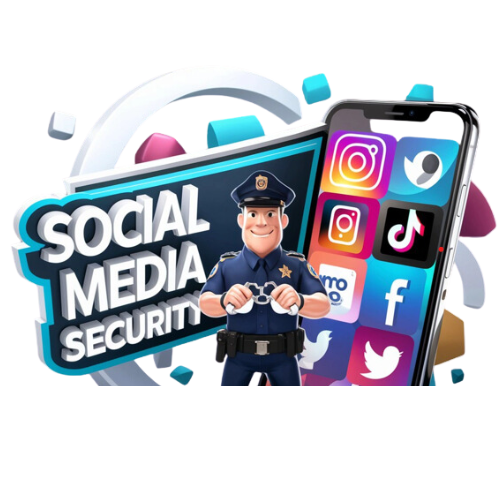Cyber Hygiene: Essential Practices for Safety
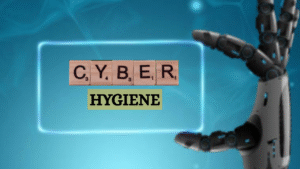
Today, anyone can protect their digital wealth by creating robust passwords, using multifactor authentication, and utilizing safe browsing practices. Digital citizenship fosters universal online standards, promoting ethical interactions and mitigating the risk of cyber threats.
Outline:
- Why Digital Citizenship and Cyber Hygiene Matter
- 10 Practical Cyber Hygiene Tips to Be a Good Digital Citizen
- Cyber Hygiene and Good Digital Citizen Tips for Students and Adults
- 5 Strategies for Building Responsible Digital Habits
Why Digital Citizenship and Cyber Hygiene Matter

Digital citizenship upholds digital interactions. Hence, has become vital in the modern cyber environment in that:
- It promotes ethical digital usage, reinforcing respect for others and intellectual rights
- It helps citizens in digital tracing and understanding the impact on reputation and future opportunities.
- It empowers individuals to be active consumers.
- Online societies can safeguard their personal information, steering off online fraud.
- Social media users can sensibly create positive content, avoiding online clashes.
10 Practical Cyber Hygiene Tips to Be a Good Digital Citizen
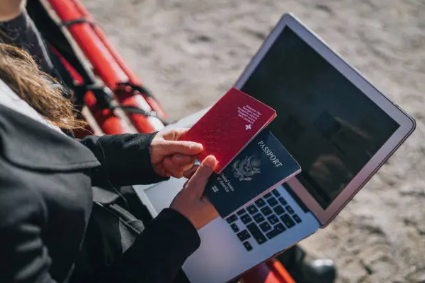
- Be polite
Encourage dialogue instead of conflict. During a heated argument on social media, engage with constructive criticism; instead of lashing out, acknowledge and give out a different perspective.
- Post Deliberately
You might receive a rude comment; take a step back before posting. Evaluate the authenticity and possible impact of your content. It would be wise to take at least 30 minutes before posting emotional content.
- Protect your online presence
Practicing good cyber hygiene means being cautious when sharing personal details. Never post exact address, phone number, or vacation plans online. Change or update your smart home device password from factory defaults and enable 2 Factor authentication.
- Stay ahead and informed
By following tech-savvy YouTubers like NetworkChuck or Payette Forward, you can enhance your digital literacy and stay informed about the latest cybersecurity trends.
- Employ multifactor authentication
You can use Google Authenticator for your email and banking apps to prevent someone from using another device to access your Gmail and bypass the second security layer.
- Report cyber-harassment
Be an active bystander and clean up digital spaces by spotting online bullying or hate speech. To report, take a screenshot as evidence, and escalate it to the platform authorities or moderators.
- Honor Intellectual Property
Avoid plagiarizing, duplicating, or stealing original content. Instead, credit or cite the source. You can use free content legally by using tools like Creative Commons or Unsplash.
- Embrace critical reasoning
You might bump into a Facebook post claiming a new ‘miracle’ cure for cancer. Before sharing, research to verify facts. Websites like Snopes or Google’s Fact-Check Explorer can be instrumental in critical reasoning.
- Escalate cyber threats promptly
Digital spaces are often littered with suspicious links or activities. You might have received a fake PayPal email asking to “verify your log-in.” the best action to take is to forward the email to spoof@paypal.com and delete it.
- Limit online Engagements
You can protect your mental health and productivity by using your phone’s in-built features, like ‘Focus Mode’ or ‘Screen Time Limits’ to block social media apps when you are working or studying.
Cyber Hygiene & Good Digital Citizenship Tips for Students & Adults
Students:
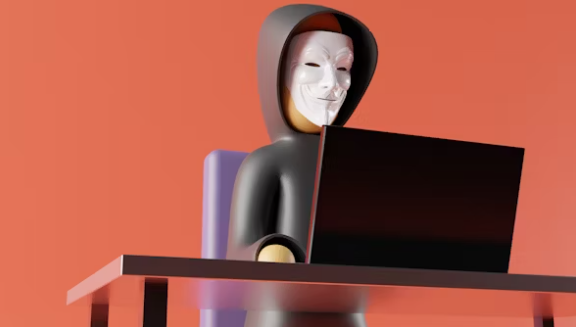
- Engage with regard
In a class WhatsApp Group, it is courteous to avoid mocking interactions between your teachers, classmates, and peers. This will create a respectful and supportive learning environment.
- Share mindfully
All students should be encouraged to create a safe and inclusive environment by sharing appropriate content (e.g., memes) that does not target anyone. They should always consider the influence their post might create.
- Double-check information for authenticity
During your Science Project, verify information before presenting to the panel. Use official sites, e.g., WHO or CDC, to confirm medical and statistical findings rather than copying from random blogs.
- Acknowledge creators
When preparing presentation slides for your Science Project, you might need illustrations. Online, you will find relevant and relatable infographics that you can use. To include them in your work, cite the source and give credit.
- Secure your digital presence
Regularly review passwords, personal information, and log out of shared devices. Students should be instructed on how they can authenticate their school email accounts.
Adults:
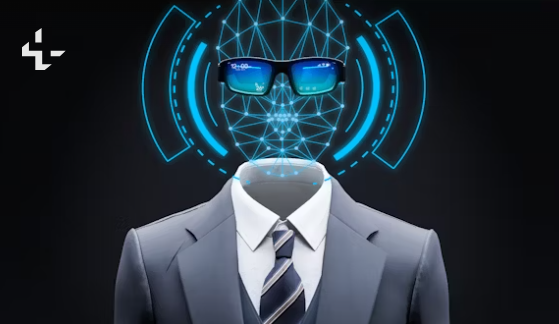
- Avoid promoting misinformation
Refrain from sharing unverified news, especially in family or community groups. Check with your Ministry of Health before forwarding a health alert on Twitter or WhatsApp
- Safeguard your digital environment
A key part of cyber hygiene is updating your device privacy settings, use antivirus tools, and maintain secure backups. For instance, you can update your laptop’s Operating System and back up critical data
- Advocate cybersecurity best practices.
Cybersecurity campaigns should propagate safe online habits through sensitization against malicious links and password security practices on TV and radio stations, where people can share their digital experiences
- Endorse positive online habits
Encourage constructive conversations that foster empathy. You can share articles that give tips on mental health wellness on public socials and regulate the comment section
- Model a culture of cyber accountability
Set an example by being responsible online. If you deliberately post an incorrect update on Reddit about vaccine safety, promptly correct it and apologize, displaying integrity
5 Strategies for Building Responsible Digital Habits
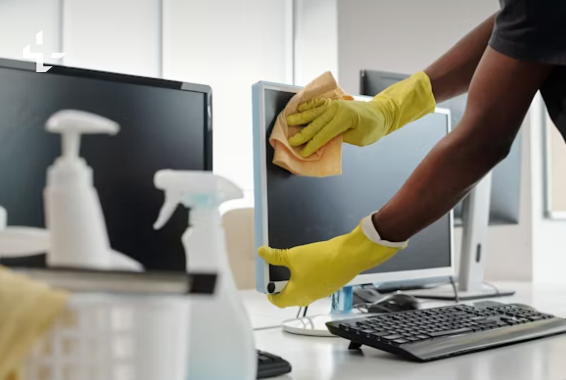
- Flag and Debunk Media Trickery
Continually gauge the legitimacy of information across credible news platforms and sources. Share knowledge with friends and family on how to spot fake news, e.g., clickbait headlines or misleading image attachments.
- Embrace secure email usage
Avoid clicking on suspicious links or opening unsolicited emails as they may contain malware. Restrict Access by using strong, distinct passwords that you will regularly review and update, with the ever-evolving threats.
- Advocate browsing on encrypted WI-FI
In a public network, use a Virtual Private Network (VPN) to encrypt your browsing when accessing sensitive information. Make sure you visit websites encrypted with HTTPS, which secures data exchange between your browser and the site
- Cultivate civil web culture
Encourage thoughtful discussions in forums, social media, and email interactions to avoid online trolling. Be vigilant in reporting harmful or abusive content to secure digital spaces.
- Creating Anti-phishing Awareness
Be quick to recognize phishing attempts, such as misspelled words, urgent calls to action, or unfamiliar sender addresses. Share instructions on how to install anti-phishing software or browser extensions to identify and block malicious websites or emails.
Parting Shot
In today’s Click–and–Scroll society, being a good digital citizen is essential. By practicing robust cyber hygiene and promoting civil online behavior, we each play a role in building a safer digital future. Let’s take responsibility for our clicks, our conversations, and our communities—because online safety starts with you.
